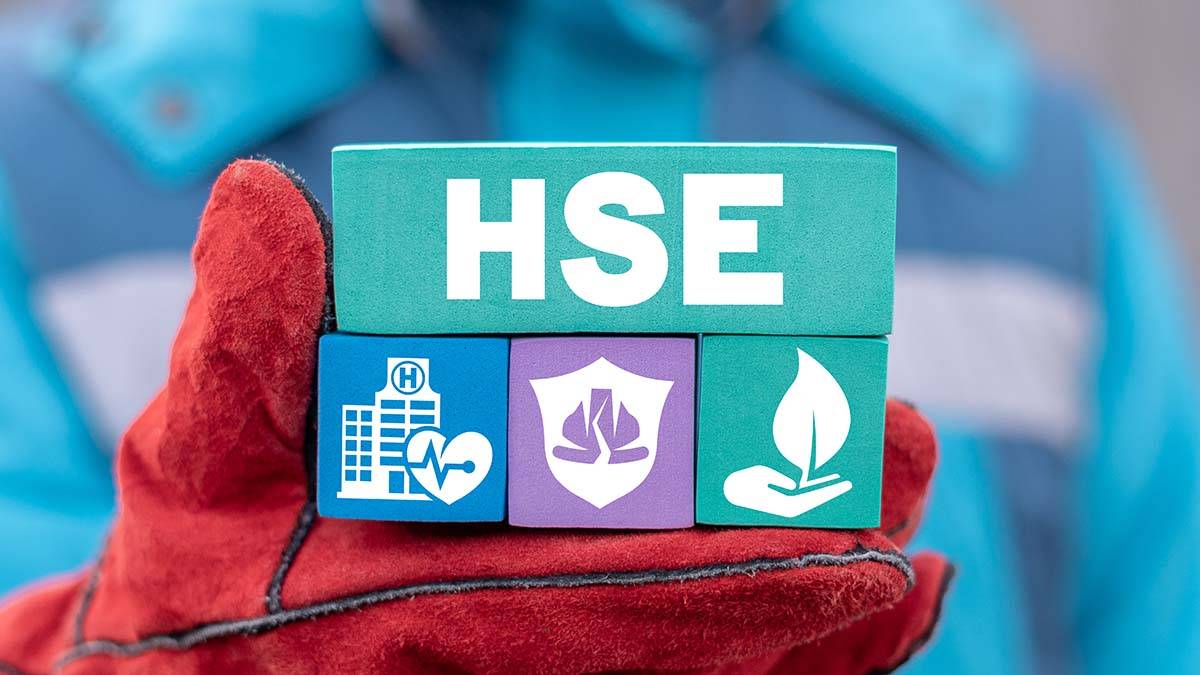Fleet Size
Need
Vessel Type
Migration
About Us
Optimum Safety Culture for Ship Management
Prioritizing Safety Best Practices is Necessary for Proper Ship Management
It is no surprise that the shipping industry harbors the risk of accidents and requires the appropriate safety measures to be adopted at all times. Indeed, the necessity of such preventative measures becomes more apparent with every accident that occurs. One such incident happened in April 2017, when a vessel experienced minor grounding. Thankfully, this did not cause a loss of life, pollution, or any injury to the crew members; regardless, it did call for a post-incident investigation which revealed significant insights into how such incidents can be prevented in the near future through proper management. These improvements, it was found, needed to be in the following domains primarily: ship team management, onboard communication, and situational awareness. The report's primary conclusion was that a holistic view of ship team management was necessary for the team management processes onboard. Further, the communication needed to be extended between the shipboard deck and the engine teams at all times.
As a result of these analyses, it was determined that the best course of action would be to develop an extensive training program on ship management that would include the entirety of the ship personnel, in addition to the shore-based management. This form of training would allow for the entirety of the ship management operations to be in harmony and act like one at all times. These operations were directed at enhancing communication at all levels while generating an optimum ship safety culture. The training series integrates exercises and discussions on creating effective teams and the definition of a team that ensures enhanced performance. Finally, the training explores how this practical knowledge can apply to vessel management in real-time.
If your company is looking to install a similar training program, here are some potential point of discussions to integrate within the curriculum:
What are some barriers to team development, such as motivations and approaches?
How can contrasting management styles among crew members be dealt with, and individual conflicts be navigated?
What are more constructive ways to approach conflicts and feedback sessions?
Proper safety culture is necessary for a collaborative workplace onboard vessels as well as in off-shore environments. The shipboard and shore departments need to act as one, and proper training installments are vital to ensure this. Did you know that Navatom allows you to install high-class safety training for your crew members and management?